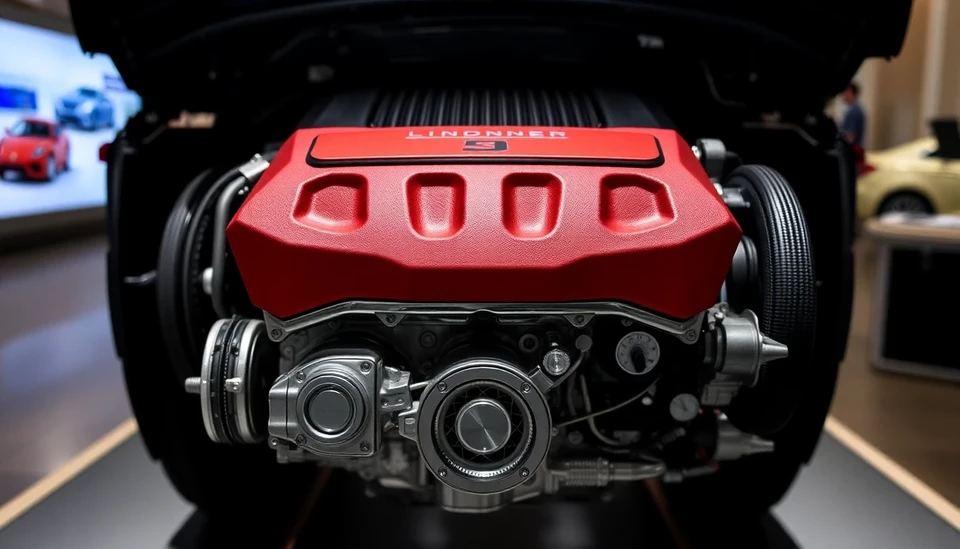
In a recent statement, Germany's Finance Minister, Christian Lindner, called on the European Union (EU) to reconsider its plans to phase out internal combustion engines by 2035. This critical position emerges amid ongoing discussions about how to transition to more sustainable transportation solutions without jeopardizing economic stability and consumer choice.
Lindner, representing the Free Democratic Party (FDP), emphasized the need for more flexible policies that respect the diversity of EU member states and their unique energy needs. He expressed concerns that a swift ban on combustion engines could disproportionately affect countries that are heavily reliant on this technology and the associated automotive industries.
Germany, renowned for its automotive manufacturing prowess, is particularly wary of potential economic repercussions stemming from such a drastic regulatory change. Lindner's remarks resonate with the concerns of various stakeholders in the automotive sector, who argue that innovation within the combustion engine space should not be dismissed outright, especially as many automakers are investing significant resources into making these engines more eco-friendly.
Despite mounting pressure from green advocacy groups and some EU member states pushing for more aggressive climate policies, Lindner's position taps into a broader debate about the practicalities of transitioning to electric vehicles (EVs). While the EU is committed to reducing greenhouse gas emissions and accelerating the adoption of electric cars, Lindner insists that the transition should be gradual and based on technological advancements rather than an arbitrary deadline.
The Finance Minister’s comments are significant as they come at a time when the EU is facing mounting criticism from various corners regarding its climate policies. This ongoing tension highlights the challenge of balancing environmental goals with economic realities, a balancing act that European leaders must navigate as they forge ahead with their climate agenda.
As discussions continue within the EU, Lindner's call for a reassessment of the combustion engine ban may spark further debates about future transportation policies, encouraging a more inclusive approach that takes into account the varying capabilities and preferences of member states.
Ultimately, Lindner’s advocacy for flexibility reflects a growing recognition of the complexities involved in the transition to sustainable transport systems, suggesting that a one-size-fits-all approach may not be feasible in the diverse landscape of the EU.
With these considerations in mind, the dialogue surrounding the future of combustion engines in Europe will undoubtedly continue to evolve, prompting further scrutiny and possible adjustments to the ambitious environmental targets set forth by the union.
#Germany #EU #CombustionEngine #ElectricVehicles #ClimatePolicy #ChristianLindner #AutomotiveIndustry #Sustainability
Author: Laura Mitchell




